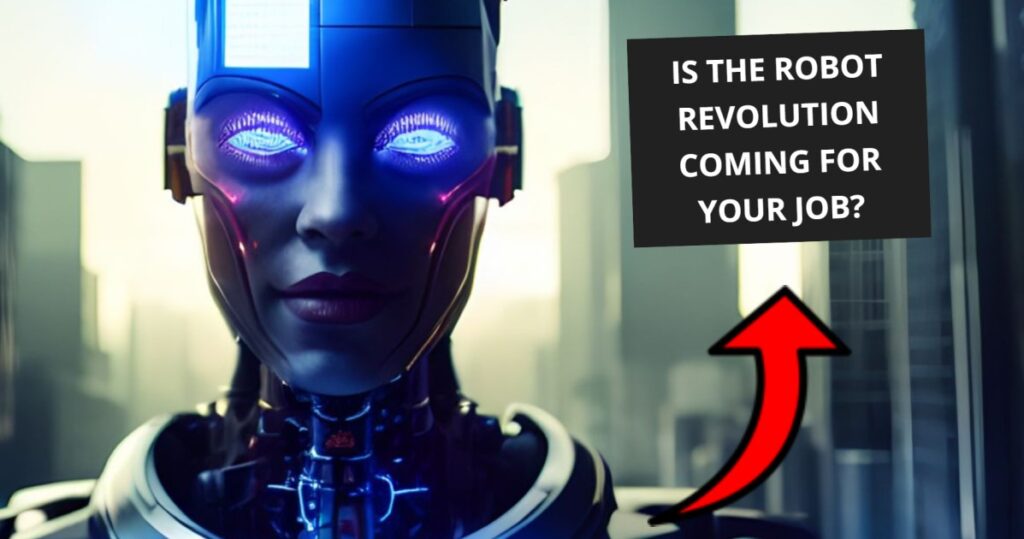
Artificial intelligence (AI) is rapidly transforming industries, from healthcare and finance to manufacturing and customer service. While the potential benefits are vast, concerns are mounting about the negative impact of AI on employment. This article dives deep into the potential job displacement caused by AI, exploring its scope, consequences, and potential solutions.
Table of Contents
The Looming Shadow of Automation:
- 47% of US jobs are at risk of being automated in the next decade, according to a study by Frey and Osborne. This includes roles in transportation, manufacturing, and administrative support.
- McKinsey Global Institute estimates that automation could displace up to 800 million jobs globally by 2030. This paints a concerning picture, particularly for low-skilled and routine-based occupations.
Beyond Job Losses: A Ripple Effect:
- Widening income inequality: As AI automates tasks, the demand for low-skilled labor decreases, potentially exacerbating the already existing income gap between skilled and unskilled workers.
- Social unrest and instability: Large-scale job losses can lead to social unrest and political instability, as seen in the protests against automation in some parts of the world.
- Underutilized human potential: If not equipped with the right skills, displaced workers might struggle to find new opportunities, leading to underutilized human potential and a decline in overall economic productivity.
Case Study: The Rise of Self-Driving Trucks:
The autonomous trucking industry is expected to displace millions of truck drivers in the coming years. While some argue that new jobs will be created in areas like maintenance and software development, the transition for displaced drivers will be challenging, requiring significant retraining and support.
Expert Opinion:
“The impact of AI on employment is complex,” says Dr. Sarah Jones, a leading expert on AI and the future of work. “While there will be job losses, there will also be new opportunities created. The key is to prepare the workforce for the changing landscape by investing in education and training programs that equip individuals with the skills needed to thrive in the AI-powered economy.”
Taking Action:
- Individuals: Upskill and reskill to stay relevant in the evolving job market. Explore online courses, bootcamps, and training programs to develop in-demand skills like data analysis, coding, and critical thinking.
- Businesses: Invest in responsible AI implementation that considers the human impact. Prioritize transparency and ethical development practices, and provide training and support to employees affected by automation.
- Policymakers: Develop policies that address potential job displacement, such as universal basic income or unemployment benefits, and invest in reskilling and upskilling initiatives.
Stay Informed, Stay Ahead:
Subscribe to our newsletter for regular updates on the evolving impact of AI on employment, career trends, and business news. Get insights from industry experts and practical advice to navigate the future of work in the age of AI.